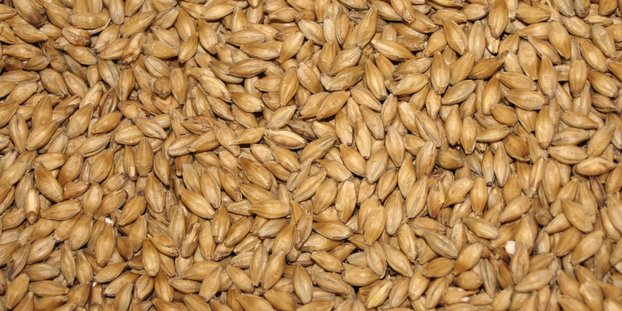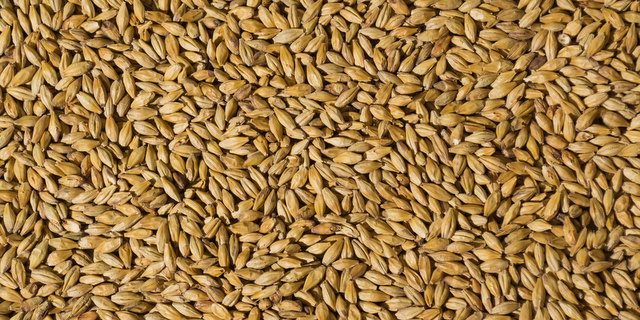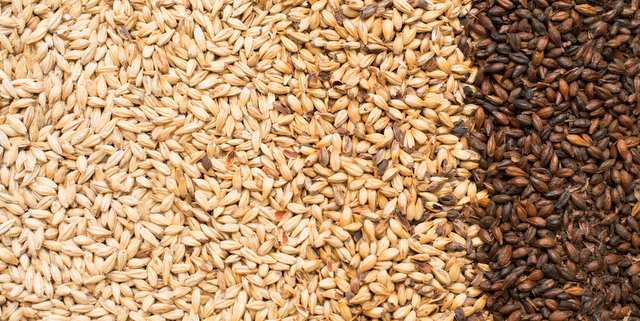
As with many other crops, the seeding of barley was delayed in some areas due to the cool-wet spring. One consequence has been a later and longer harvest period.
“This drawn out harvest has increased the chances of small grains getting rained on and sprouting in the field,” according to Marvin Zutz, executive director of the Minnesota Barley Growers. “It appears that much of the barley was harvested prior to the rain in Minnesota, but a significant portion of the crop in North Dakota did not get taken off in time. Other states may have regions affected as well.”
Preharvest sprouting (PHS) can result in barley that is unsuitable for malting. The malting process requires barley that has a high percentage of vigorously germinating kernels to produce the quality of malt needed for the brewing, distilling and food industries — and PHS can lead to sluggish or dead kernels.
American Malting Barley Association (AMBA) Vice President and Technical Director Scott Heisel noted: “There are several methods to test for PHS and these can cause some confusion at times.”
The USDA-Federal Grain Inspection Service (FGIS) has approved methods for evaluating Sprout Damage and Injured by Sprout, and the results can vary significantly between these two methods. Sprout Damage is a simple examination of the sample with little, or no, manipulation of the kernel. Injured by Sprout is measured by lightly pearling the barley sample and reporting the percentage of kernels without intact embryos. Injured by Sprout is more sensitive and may identify sprouted kernels missed by the Sprout Damage method. Federal, state and private agencies authorized by FGIS to provide official inspection can evaluate barley for Sprout Damage or Injured by Sprout if requested to do so. A third method employs a Rapid Visco Analyzer and, similar to a falling number test used for wheat, estimates the amount of starch degrading enzymes produced as a kernel sprouts or germinates.
Zutz said that “growers that suspect their grain may have PHS should contact the company they are contracting with and see what the next steps are.”

Special attention in storage may be warranted for barley that has very low levels of PHS as further quality losses could occur to grain that went into storage with little or no outward appearance of having been adversely affected.
Heisel stated that “there are many sources for good grain handling practices including the AMBA publication Harvesting, Drying and Storing Malting Barley and those posted on the University of Minnesota Extension website (https://extension.umn.edu/small-grains/small-grains-harvest-and-storage).”
Further information and advice can be obtained from your malting barley purchaser, county or state extension staff or other agricultural specialist.




Leave a Reply
You must be logged in to post a comment.